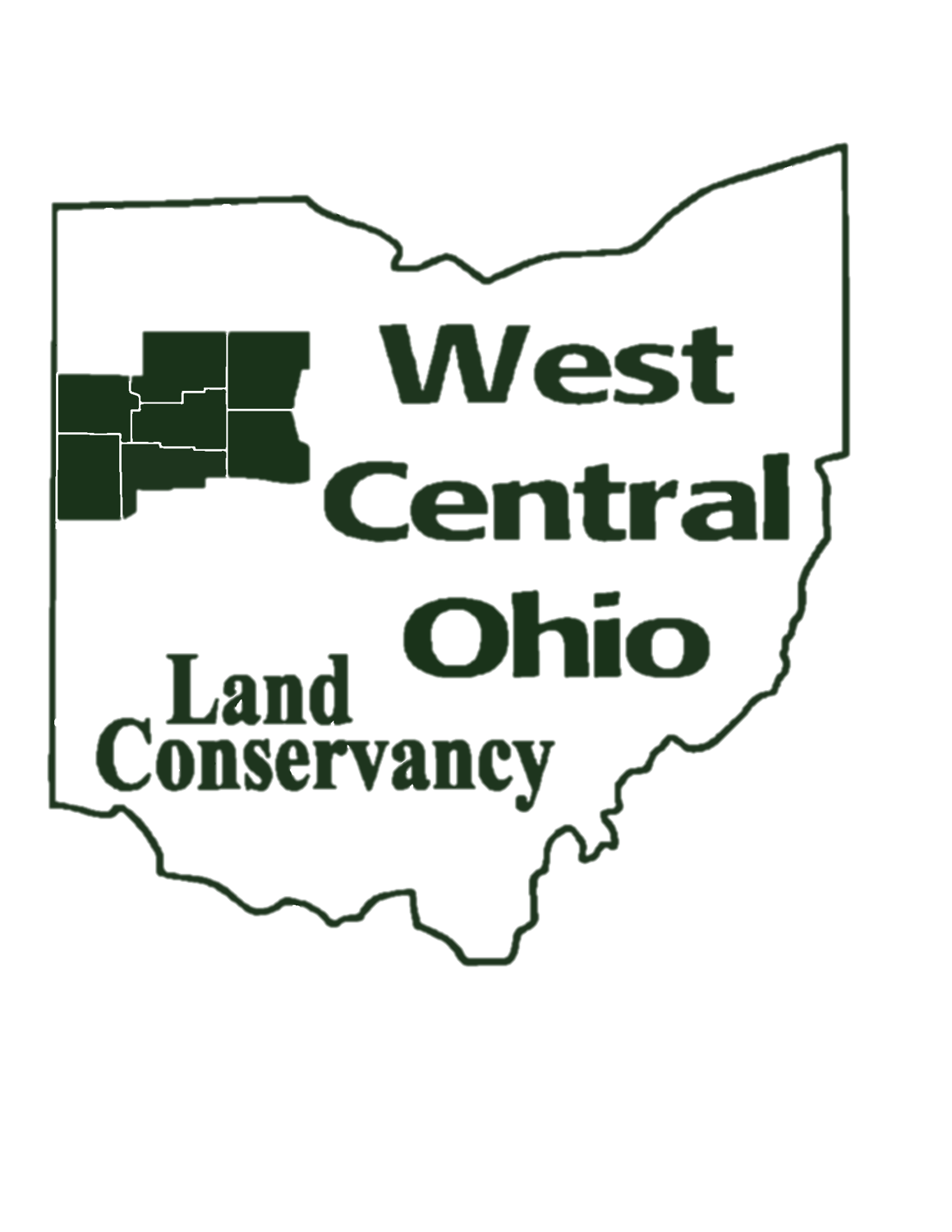Criteria For Land Protection

Conservation Easements FAQs
-
A conservation easement is a voluntary agreement between a private landowner and a municipal agency or qualified non-profit corporation, like the West Central Ohio Land Conservancy (WCOLC). These agreements restrict the development, management, or use of the land. The agency holds the easement and is empowered to enforce its restrictions against current and future landowners.
-
No: The conservation easement is negotiated between the landowner and the WCOLC. The terms of the conservation easement become permanent once they are recorded. Even an economic hardship does not release one from the commitment of the easement.
-
No: all conservation easements are unique because all land is unique.
-
Agricultural and forestry lands; wildlife; plant and fish habitats; scenic lands; open spaces; historic sites; and “other” such as any land that covers water quality, air quality, wetlands, etc.
-
Public access is not required. The provisions you put in your conservation easement will determine whether there is public access or not.
-
Yes: if you reserve those rights when you negotiate the terms of the conservation easement. This may lessen your potential for tax deductions.
-
It lasts forever. It is easy to confuse a conservation easement with some federal and state programs that are only 10 or 15 year easements. Because the easement will last in perpetuity, it is a big decision that should be carefully considered - and you may want to include your heirs.
-
Yes: Most conservation easements involve appraisal and legal fees. Alo, because it will last forever, WCOLC will ask for a voluntary tax-deductible monetary donation. Th WCOLC, or its successor, has a duty to monitor the easement annually, produce a report for the current landowner, and the stewardship file. If breaches to the easement are found WCOLC is required to ensure the land is restored.
-
Yes, maybe, yes, and yes: The value of an easement may be deducted from federal income taxes as a charitable gift. Talk to your accountant for the most up to date information. Property tax reductions depend upon the auditor of the county involved. Since the conservation easement can no longer be sold for its “highest and best use,” the difference between the base price and your selling prices will lessen your capital gains tax. Since the financial value of the land is lessened, your estate will have less exposure to estate taxation. Everyone’s tax situation is different, so it is recommended to discuss this with your accountant.

